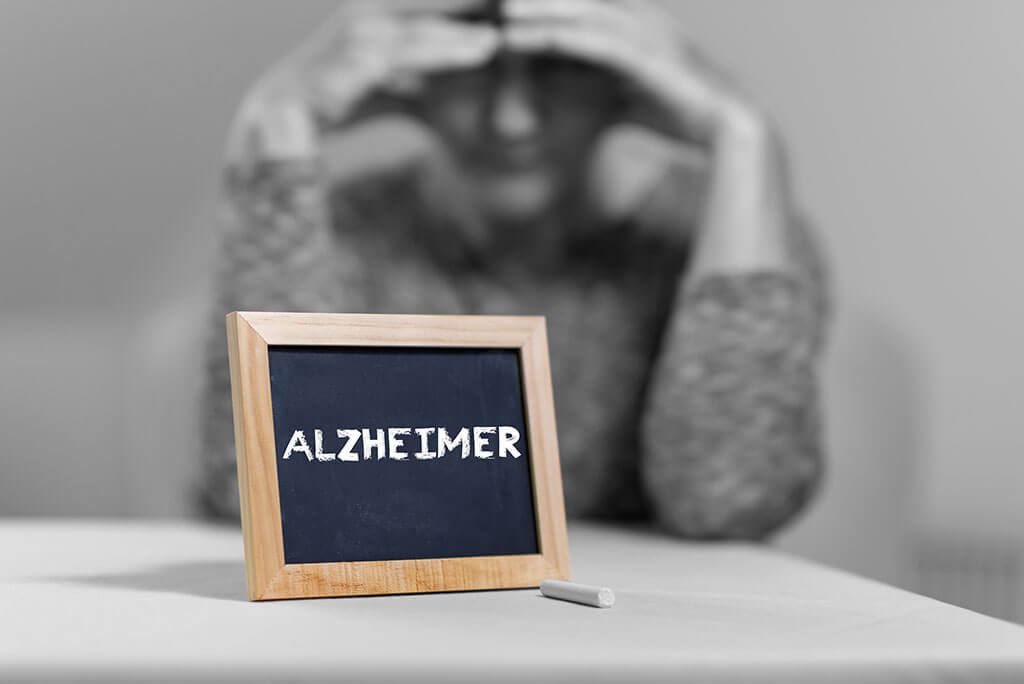Research from Alzheimer’s Association shows that hallucinations, delusions, and paranoia are symptoms of Alzheimer’s disease in the middle and late stages. The study also says that about 31 percent of Alzheimer’s patients will experience delusions, while 16 percent of individuals who have Alzheimer’s disease will experience hallucinations.
Hallucinations involve smelling, seeing, hearing, or feeling things that are not there. Your loved ones may also start to have delusions, which are untrue beliefs that they believe to be real. Do note that you may need to seek medical help for your loved ones if they are suffering from delusions and hallucinations constantly.
Your loved ones may also start to believe without good reason that others are trying to harm them. They may also become fearful, suspicious, and jealous of other people. Moreover, as paranoia is linked to a loss of memory, symptoms of paranoia may worsen as the disease progresses. Your loved ones’ paranoia maybe also another way of expressing loss, when there are no other ways of blaming other people.
How to Help Your Loved Ones Deal with Hallucinations, Delusions, and Paranoia
If your loved ones are suffering from Alzheimer’s disease, you may notice that they may have hallucinations, delusions, and paranoia. As your loved ones are hallucinating, having delusions, and suffering from paranoia, you could find it hard to care for them. However, there are ways to communicate with your loved ones even when they are suffering from delusions, paranoia, and delusions.
- What to do when your loved ones hallucinate or have delusions
You can try not to argue with your loved ones about what they saw or heard. If they are afraid, try to comfort them. You may also want to distract your loved ones and re-direct their focus on something else. Do check that their delusions and hallucinations are not caused by their medicines. If you suspect that their medicines are causing them to suffer from hallucinations and delusions, check with the doctor. Also, ensure that your loved ones are safe and that they cannot reach anything that is sharp.
- What to do when your loved ones are suffering from paranoia
When your loved ones are suffering from an episode of paranoia, you can try to not argue with your loved ones to reduce their stress. You can also assure them that they are safe. If they blame you for something, you may want to try not to react. If you can reach your loved ones, gently hug or touch them to show that you still care for them.
By knowing the reasons on knowing why your loved ones are suffering from hallucinations, delusions, and paranoia, you can help your loved ones fight Alzheimer’s disease. Also, by knowing how to help your loved ones when they are suffering from hallucinations, delusions, paranoia, you can help to deal with the conditions better. However, it may be difficult for caregivers at times. If you need any assistance, contact us at Rittenhouse Village At Valparaiso for more information.







